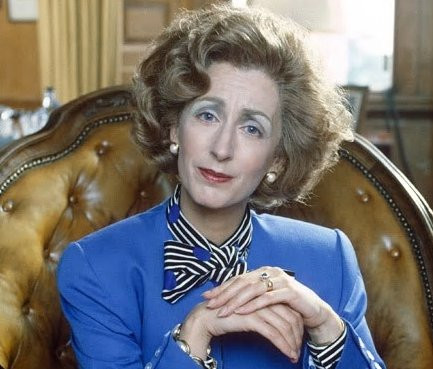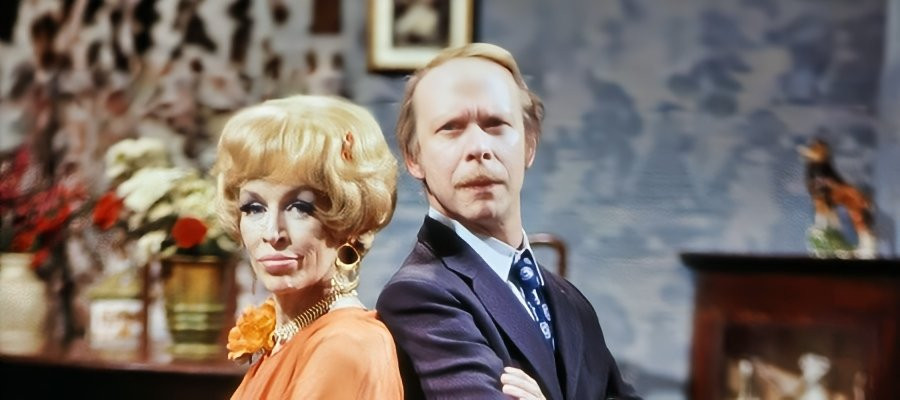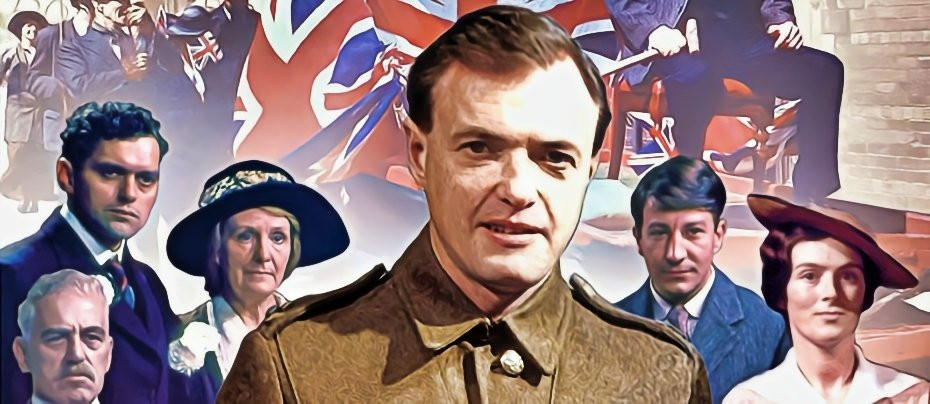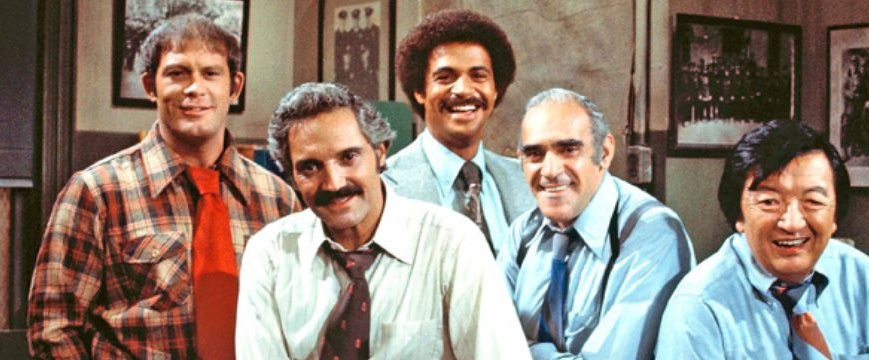
The Growing Pains of PC Penrose | Rosie
1975 - United KingdomRoy Clarke, a master of character-driven British comedy, mined his early days in the police force to create The Growing Pains of PC Penrose, a sitcom which initially followed the exploits of an idealistic young probationer in the fictional Yorkshire town of Slagcaster. What began as a gentle, wistful take on life in uniform evolved—both in title and tone—into a more domestically tangled and socially grounded series set in the sleepy seaside town of Ravensby.
Paul Greenwood plays the titular Michael "Rosie" Penrose with an affable sincerity that suits the character's earnest, slightly bewildered nature. As a 19-year-old fresh out of the nest, Rosie is thrown into a world of paperwork, public order, and peculiar locals, all under the sceptical eye of Sergeant W. T. Flagg (Bryan Pringle). Pringle, in particular, is a delight—gruff and cynical, with a fondness for "unorthodox" policing methods, he's the perfect foil to Rosie's wide-eyed optimism. David Pinner’s PC Buttress, another junior officer under Flagg's command, adds further texture.

The shift in setting from Slagcaster to Ravensby in the second series marked a change in narrative focus, moving from a workplace ensemble piece to a more domestic, almost claustrophobic comedy centred on Rosie's return home. This relocation also marked the rebranding of the show to Rosie, a move that underscored the increasingly personal nature of Rosie's trials.
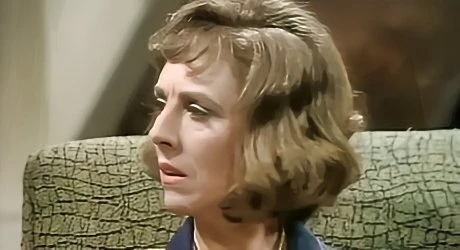
At the heart of this new setup is Millie Penrose, Rosie's mother, played with formidable energy by Avril Elgar. Far from a frail, dependent widow that was supposedly ‘at death’s door’ (necessitating Michael’s return), Millie is domineering, manipulative, and deeply critical of her son’s profession. Elgar imbues the character with a biting wit and a relentless snobbery that makes for some of the series' most memorable moments. The household is rounded out by the amiably ineffectual Uncle Norman (Allan Surtees) and the sharp-tongued Aunt Ida (Lorraine Peters), creating a matriarchal world in which Rosie is constantly undermined, cajoled, and mothered into submission.
The tension between Rosie's personal and professional lives is a recurring motif. His long-term girlfriend Gillian (Frankie Jordan), though loving, shares her parents’ disdain for his occupation. The ongoing joke is Rosie's reluctance to tie the knot, a plot thread that offers ample opportunities for awkward conversations and thwarted romantic plans.

Rosie’s working life in Ravensby continues to be shaped more by eccentric personalities than by crime-solving. His camaraderie with PC Wilmot (a warmly comic turn by Tony Haygarth) and his dealings with the short-sighted and unreliable police informant Merv (first played by Robert Gillespie, later by John Cater) contribute to a recurring theme: nothing ever quite goes to plan. Crime is less of a focus than character, which is both the series' charm and, at times, its limitation.
One can't ignore the satirical edge Clarke brings to the portrayal of authority. Chief Inspector Dunwoody (Paul Luty) represents the unimpressed establishment, frequently baffled or exasperated by Rosie's apparent lack of progress. The satire is subtle rather than sharp, but it's there—in the bureaucracy, the small-town inertia, and the unspoken class tensions.
Stylistically, the show bears Clarke’s unmistakable hallmarks: gentle melancholy, regional authenticity, and a deep affection for flawed characters. While Rosie lacks the cultural longevity of Last of the Summer Wine, it shares a similar tonal quality—wistful, meandering, and grounded in the mundane peculiarities of British life.
Ultimately, The Growing Pains of PC Penrose and its successor Rosie form a modest but distinctive part of the BBC’s 1970s sitcom output. It may not be fast-paced or punchline-heavy, but its charm lies in its quiet realism, slow-burning humour, and a deep understanding of human fallibility. Like its central character, the show doesn't try too hard to impress—but wins you over all the same.
Seen this show? How do you rate it?
Seen this show? How do you rate it?
Published on June 30th, 2025. Written by Laurence Marcus for Television Heaven.



